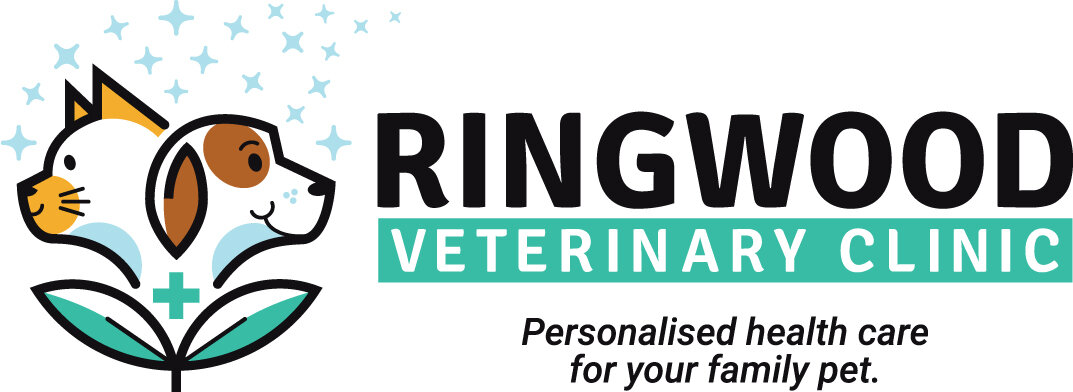Stress-Free Vet Visits: Tips to Keep Your Cat Calm and Happy
Does the thought of taking your cat to the vet fill you with dread? Does your cat seem to miraculously disappear into thin air at first sight of the carrier coming out? If so you are not alone, many feline owners feel the same way. Statistics show that feline owners are significantly less likely to bring their cat to the vet than dog owners, unfortunately leading to lower standards of care. So how can we make vet visits a more positive experience for cats and their owners?
Cat carriers
A fear free visit starts at home. The carrier should not be left in the darkest corner of the garage, only to be dusted off and brought out prior to a vet visit. The carrier should be kept in an area of the house your cat frequents often. Make the carrier a positive space by placing comfortable bedding, treats and toys in there. The best type of cat carrier for reducing stress is one that easily clicks together in a top and bottom half. This way you can leave the top off at first to help your cat get used to it. You can even feed your cat in the carrier. Once your cat is comfortable entering the carrier with the lid on, you can start closing the door for short periods. You can then progress to carrying the carrier. To carry the carrier, do not hold by the handle. Instead lift it with two hands like you are carrying a present. You can then work up to short car rides. Take things slowly and never move up a step until your cat is comfortable with the previous one.
Calming remedies
Calming remedies such as Feliway spray can be used on carrier bedding and towels to help keep your cat calm.
Medical aids
For cats who get extremely stressed, medical aids such as gabapentin can make an enormous difference. Gabapentin is a human pharmaceutical, used widely in the veterinary industry, as it has been found to significantly improve cat and owner experience. There is a few transient side effects such as sedation, however at Ringwood Veterinary Clinic, we have found it to be safe and well tolerated by our feline patients. It is recommended to administer the capsule 2 hours prior to the veterinary visit.
Food
It is recommended to limit food prior to a veterinary visit for 2 reasons. One is that your cat will be less likely to experience car sickness on the way to the vet and the second, is that your cat will be more likely to accept food treats from our veterinary team. At Ringwood Veterinary Clinic we have Churros cat treats to offer in the feline consult room, however feel free to bring your cats favourite treat from home.
In the car
The safest way to transport your cat is to place the carrier on the floor behind the driver or front passenger seat. Place a towel over the carrier. You can play calming music in the car. This may help calm your nerves too!
Arriving at the clinic
Busy waiting rooms are a very stressful place for a cat. Please feel free to call reception on your arrival and we can check you in over the phone. If our 'cat only' consult room is free you can wait directly in there. Otherwise you may continue to wait in your car until it becomes free. While waiting in the consult room please feel free to open the carrier door to allow your cat to exit the carrier of their own will and explore the consult room.
During consultation
This is another time when a carrier with a removable top comes in handy. If your cat is too scared to leave the carrier of their own will, the top can be removed and your cat can be examined in the carrier base, negating the need for them to be dragged out of a small opening. Lastly, try to control your own energy. Your cat is sensitive and will pick up on your nervous feelings. Try to relax and feel confident in the knowledge that our professional and caring team will make sure you and your cat are treated with respect and empathy.

